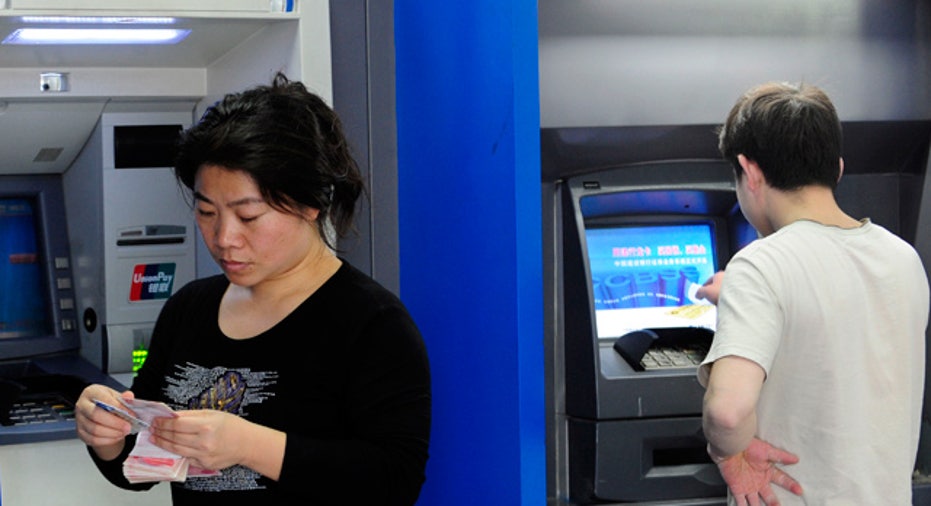Banks Drop Credit Protection Plans

Many of the nation's largest credit card issuers are scaling back their offerings of credit protection plans, following years of scrutiny by consumer activists and regulators.
In a survey by CreditCards.com, 6 out of 7 top issuers said they had permanently or temporarily stopped marketing the products, or altered them to make them more customer-friendly. Credit card protection plans, also known as payment protection plans or debt cancellation products, are marketed to credit card customers and typically cover the cost of monthly minimum card payments if the cardholder becomes unemployed or disabled. They are typically marketed by phone or mail to existing cardholders by outside vendors acting on the issuers' behalf.
Most of the banks said they were making the changes as a result of routine examinations of their business practices.
The pullback comes a month after the new federal Consumer Financial Protection Bureau reached a $210 million settlement with Capital One and released guidelines for card companies on the additional products they market to cardholders. The rules don't ban credit protection plans, but they demand that issuers institute policies to guard against deceptive marketing.
The plans have also been the subject of lawsuits by states, which have accused some issuers of high-pressure sales tactics and failing to disclose that participation in the plans is optional.
The plans typically cost between 80 cents and $1 per $100 of your monthly statement balance. A report from the Government Accountability Office found that in 2009, consumers paid a total of about $2.4 billion in fees for 24 million credit-protection accounts. Companies paid back about 21% of that figure and took 55% of it as profit.
Card companies, though, have said that the services meet an important need and that customers like them. One card issuer told the GAO that its surveys indicated that more than 80% of customers using the service were satisfied with it.
Consumer advocates cheered the banks' moves.
"We've always said that these plans were really not worth the money that were charged for them," says Linda Sherry, spokeswoman with Consumer Action, a nonprofit education and advocacy group. "It is difficult for banks to make a buck nowadays, but it still has to be done aboveboard so we can trust the institutions that deal with our money."
Credit protection changes
Card issuers are changing their credit protection offerings. A sample of what top banks are doing:



















